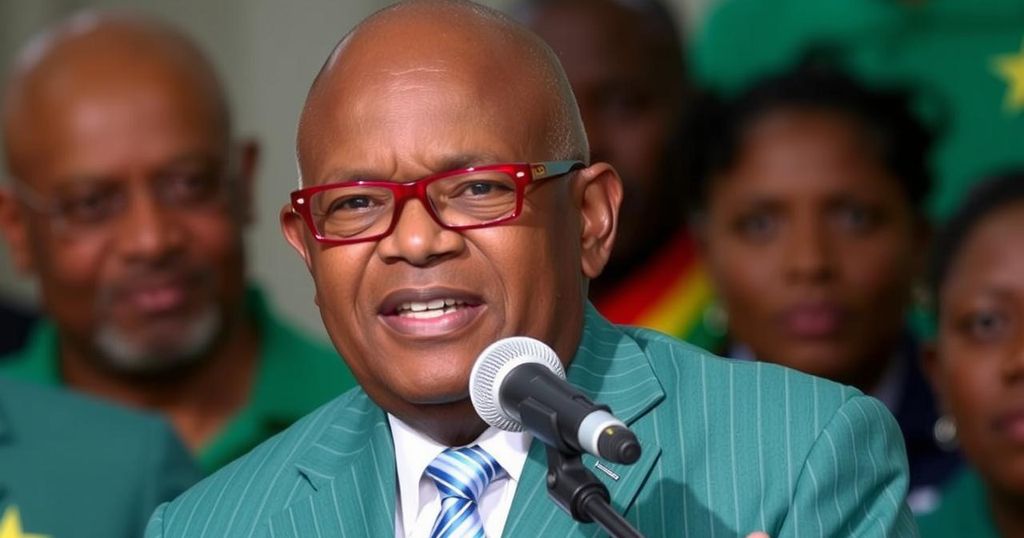Mozambique’s Constitutional Council Confirms Frelimo’s Controversial Election Win

The Constitutional Council of Mozambique has affirmed Frelimo’s election win, igniting protests from opposition groups claiming the election was rigged. With 130 deaths reported and unrest affecting foreign investments, the situation poses serious challenges for the nation’s stability and governance. The legitimacy of the electoral process has been questioned amid accusations of fraud, placing Mozambique’s political future in precarious hands.
Mozambique’s Constitutional Council has confirmed the ruling party Frelimo’s victory in the recent October election, a decision that has provoked substantial protests from opposition groups alleging electoral fraud. The Council reported that candidate Daniel Chapo received approximately 65% of the votes, markedly lower than the over 70% reported by the electoral commission. Violent clashes in the aftermath have resulted in at least 130 fatalities, according to the monitoring group Plataforma Decide, raising concerns over the legitimacy of the electoral process in Mozambique, a nation under Frelimo’s governance since 1975.
The Constitutional Council’s ruling is anticipated to exacerbate protests across the country. Following the announcement in Maputo, scenes of unrest emerged, particularly in Nacala-Porto, indicating widespread discontent with the election outcome. A Frelimo representative, Venancio Mondlane, expressed vehement opposition to the ruling, insisting that “the will of the people was obliterated.” As the unrest escalates, foreign investments face disruption, further complicating Mozambique’s economic prospects amid projected growth reduction due to this volatile environment.
Mozambique, a Southern African nation with a population nearing 35 million, has been ruled by the Frelimo party since its independence in 1975. The country’s political landscape has been marred by accusations of electoral misconduct since the inception of multi-party elections in 1994. In light of the recent election controversies, Western observers have characterized the electoral process as neither free nor fair. This backdrop of political turmoil has culminated in unprecedented civil unrest following the latest election results, revealing deep societal divisions and disillusionment with the political establishment.
The confirmation of Frelimo’s election victory by the Constitutional Council highlights significant challenges facing Mozambique, including widespread allegations of electoral fraud and resultant civil unrest. With rising fatalities from violent protests and international economic implications, it is clear that the political climate remains fraught with tension. As the situation unfolds, the future of governance and political stability in Mozambique remains uncertain.
Original Source: www.cnn.com






